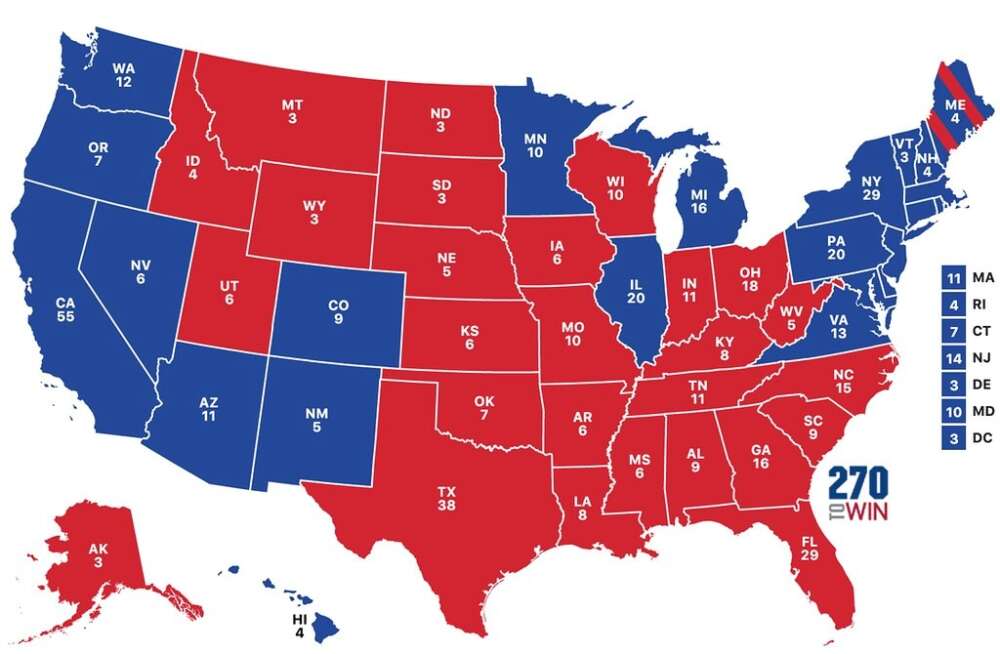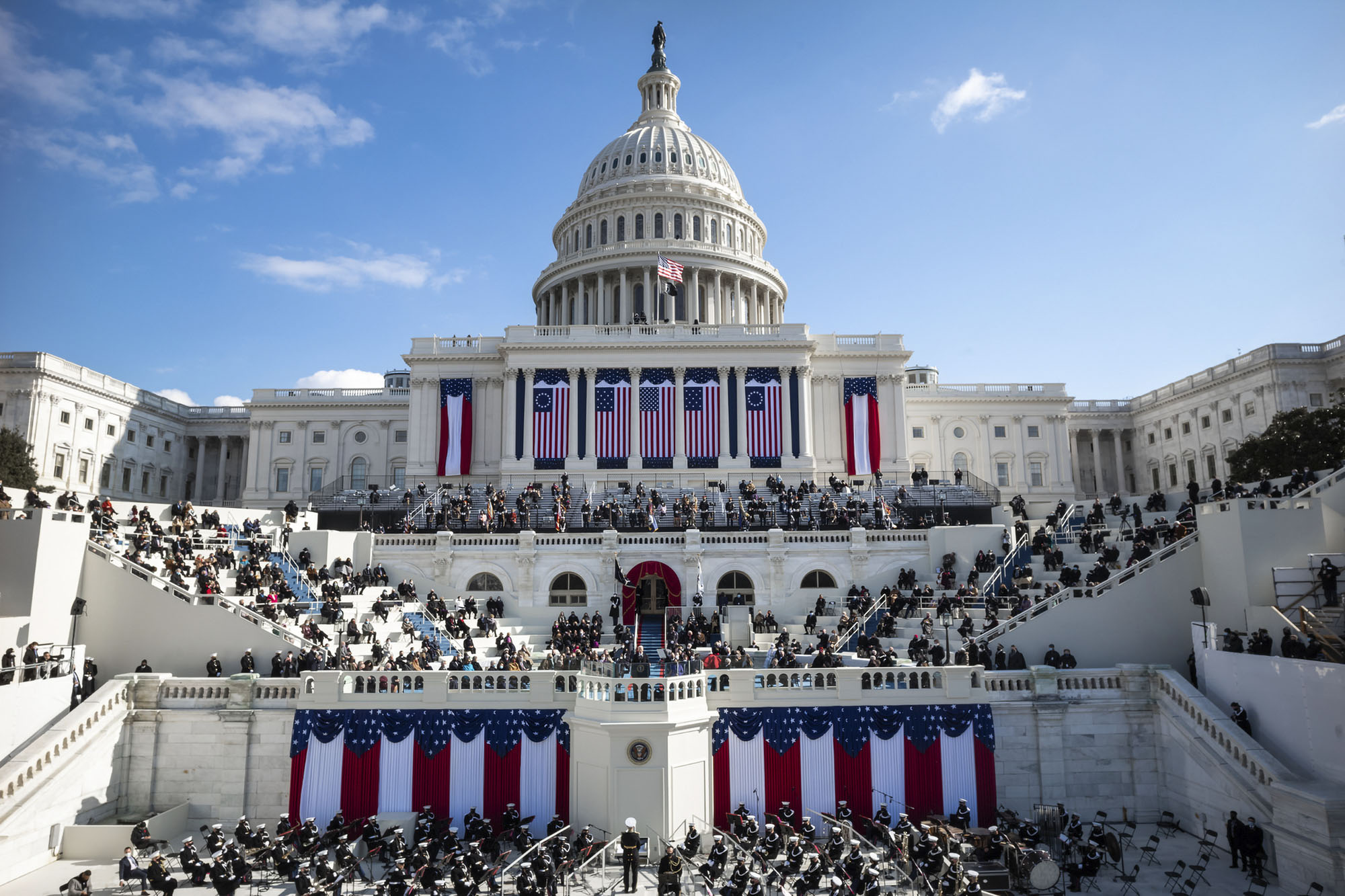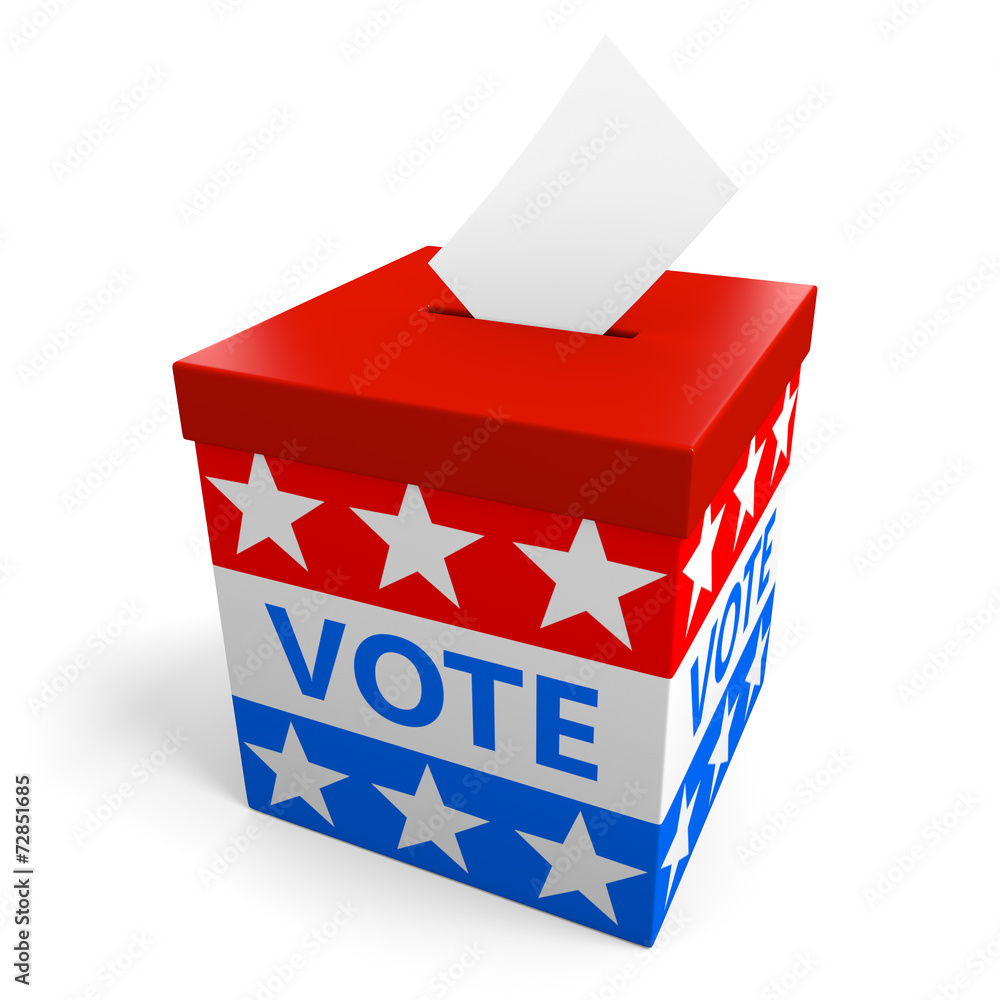3 Key Arguments for the Electoral College System in America
3 Key Arguments for the Electoral College System in America
Last Updated: October 29, 2025 | Reading Time: 6 minutes

Table of Contents
The Electoral College remains one of the most debated aspects of American democracy. While critics argue it undermines the popular vote, supporters maintain that this system established by the Founding Fathers in 1787 continues to serve essential functions in modern presidential elections. This article examines the three strongest arguments supporting the Electoral College system and why many Americans believe it should remain intact.
The Electoral College consists of 538 electors who formally elect the President and Vice President of the United States. Each state receives electoral votes equal to its total congressional delegation—the combined number of senators and representatives. To win the presidency, a candidate must secure at least 270 electoral votes, representing a majority of the total.

Argument 1: Preserving Federalism and State Representation
The Electoral College fundamentally preserves the federal structure that defines American government. The United States is not simply a single nation but a union of 50 sovereign states, each with distinct cultures, economies, and priorities. The Electoral College ensures that this diversity receives proper representation in presidential elections.
By allocating electoral votes based on congressional representation, the system prevents the most populous states from completely dominating presidential selection. Without the Electoral College, candidates could theoretically win the presidency by focusing exclusively on major metropolitan areas like New York City, Los Angeles, Chicago, and Houston, while ignoring vast rural regions.
Protecting Minority Interests from Tyranny of the Majority
Alexander Hamilton defended the Electoral College in Federalist Paper No. 68, arguing that while "not perfect," it was "at least excellent" because it prevented the presidency from falling to anyone not "in an eminent degree endowed with the requisite qualifications." The Founding Fathers intentionally created a system that would balance the will of the majority against the risk of tyranny—where the voices of urban masses could drown out minority interests.
This concern remains relevant today. States like Wyoming, Vermont, and Montana have small populations but distinct needs regarding agriculture, natural resources, and rural infrastructure. The Electoral College ensures these states maintain meaningful influence in presidential elections, forcing candidates to address their concerns rather than treating them as irrelevant.

Argument 2: Encouraging National Campaigns and Coalition Building
The Electoral College system forces presidential candidates to build broad, geographically diverse coalitions rather than appealing to narrow regional or demographic interests. To win, candidates need electoral votes from multiple regions—the South, Northeast, Midwest, and West—which requires developing campaign platforms that address national rather than purely local concerns.
Preventing Regional Fragmentation
Under a pure popular vote system, candidates might concentrate their efforts exclusively on densely populated urban centers while completely ignoring rural communities. This could lead to policies that benefit metropolitan areas while marginalizing agricultural states, small towns, and rural regions. The Electoral College creates incentives for candidates to reach beyond their natural base and appeal to diverse constituencies.
According to political analysts, this requirement for geographic diversity promotes political moderation. Candidates must avoid extreme positions that might appeal to their partisan base but alienate voters in swing states. This dynamic encourages compromise and coalition-building—essential elements of effective governance in a diverse nation.
The Heritage Foundation notes that without the Electoral College, "Iowa farmers and Ohio factory workers would be ignored in favor of pandering to metropolitan areas with higher population densities." The current system ensures that candidates must address the needs of Americans across various economic sectors, geographic regions, and demographic groups.
Argument 3: Ensuring Election Stability and Legitimacy
The Electoral College provides crucial stability to American presidential elections by creating clear, decisive outcomes and reducing the likelihood of contested results. This system magnifies the margin of victory, transforming close popular vote totals into more substantial electoral victories that confer legitimacy and a mandate to govern.
Preventing Chaotic Recounts and Runoff Elections
In elections where no candidate achieves a popular vote majority, the Electoral College still produces a clear winner, eliminating pressure for runoff elections. Richard Nixon in 1968 and Bill Clinton in 1992 both won decisive Electoral College victories despite receiving only 43 percent of the popular vote. The Electoral College precluded calls for complicated runoff elections that would have extended the electoral process for months.
The system also limits the geographic scope of potential recounts. In 2000, despite an extremely close election, recounts were necessary only in Florida rather than across the entire nation. Under a national popular vote system, every suspicious vote anywhere in the country could trigger demands for nationwide recounts—a logistical nightmare that could undermine confidence in election results.
Discouraging Voter Fraud
The Electoral College minimizes incentives for voter fraud by isolating the impact of illegitimate votes. Under the current system, fraudulent votes only affect the outcome in one state. Stealing 1,000 votes in a particular state might flip that state's electoral votes, but adding another 10,000 stolen votes provides no additional benefit—the candidate receives the same electoral votes regardless.
In contrast, under a national popular vote system, every fraudulent vote anywhere in the country directly affects the national outcome. This creates powerful incentives for widespread voter fraud and makes the entire electoral system more vulnerable to manipulation.

Frequently Asked Questions About the Electoral College
How many times has the Electoral College winner lost the popular vote?
In 227 years of American presidential elections, this has occurred only five times: 1824, 1876, 1888, 2000, and 2016. This represents less than 2% of all presidential elections, suggesting the system generally reflects the popular will while providing the additional benefits of federalism and stability.
Why did the Founding Fathers create the Electoral College?
The Founding Fathers created the Electoral College for multiple reasons: to protect smaller states from being overwhelmed by larger ones, to serve as a compromise between congressional selection and popular vote, to provide a check on uninformed voters in an era before widespread media, and to preserve the federal nature of the American republic.
Can the Electoral College be abolished?
Abolishing the Electoral College would require a constitutional amendment. This means two-thirds of both houses of Congress or two-thirds of state legislatures would need to propose the amendment, and then three-fourths of states (38 out of 50) would need to ratify it—an extremely high bar that reflects the system's fundamental importance to American federalism.
How many electoral votes does each state have?
Each state receives electoral votes equal to its total congressional delegation: the number of representatives (based on population) plus two senators. For example, California has 54 electoral votes while Wyoming has 3. Washington D.C. receives 3 electoral votes through the Twenty-third Amendment, bringing the total to 538.
Conclusion: The Continuing Relevance of the Electoral College
The Electoral College represents one of the Founding Fathers' most sophisticated constitutional innovations. While it occasionally produces outcomes that diverge from the national popular vote, these three core arguments—preserving federalism, encouraging national campaigns, and ensuring election stability—demonstrate why the system continues to serve important functions in American democracy.
The question is not whether the Electoral College is perfect, but whether its benefits outweigh its costs. For supporters, the answer remains yes. The system protects regional diversity, prevents the tyranny of urban majorities, encourages coalition-building, and provides stability in a nation of more than 335 million people spread across vastly different geographic and cultural regions.
As debates about electoral reform continue, understanding these core arguments helps Americans engage more thoughtfully with one of the most consequential questions in American political life: how should we choose our president?
Found This Article Helpful?
Share it with others who want to understand the Electoral College debate!
Sources: Information compiled from Britannica ProCon Electoral College Debate, Heritage Foundation Essential Electoral College Benefits, and Exploros Electoral College Analysis.